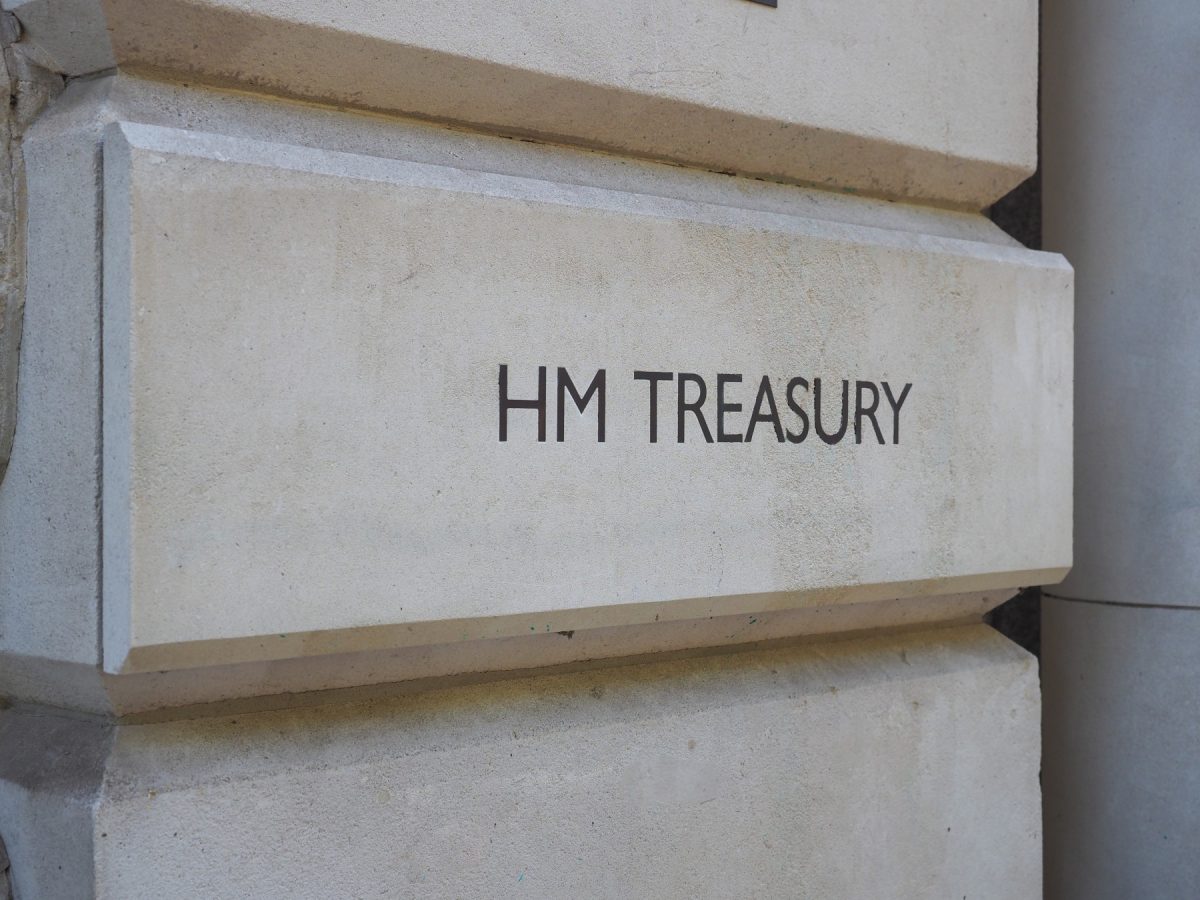
In the context of events still unfolding in Europe, the Chancellor’s Spring Statement last week was a low-profile event.
Rishi Sunak kept to his previously announced plans for the most part, potentially retaining fiscal headroom for changes later in the year.
Highlights included:
- A temporary 12-month cut to fuel duty of 5 pence per litre on petrol and diesel from 23 March 2022
- An increase in National Insurance Contribution (‘NIC’) thresholds (£9,880 to £12,570 from 6 July 2022) to partially offset previously announced contribution increases.
For company directors and the self-employed, the primary threshold or equivalent will increase to £11,908 in 2022/23 and to £12,570 by 2023/24 - By the end of this Parliament (from April 2024), a cut in the basic rate of income tax from 20p to 19p
- VAT reduced to zero on energy saving materials for five years
Commentary from the Office for Budget Responsibility highlights the difficulties faced by policymakers, forecasting that 2022/3 will see ‘the largest fall {in after-tax household disposable incomes} in a single year since records began in 1956-7’.
Government debt interest this year stands at four times the level of a year ago, costing the Treasury £83bn but PAYE and VAT receipts this year are up by 13.6% and 18.8% respectively.
With inflation continuing to rise, the impact of freezes to income tax thresholds announced last year has risen substantially. This potential increase in tax revenue should provide the Chancellor with a degree of flexibility to tackle future uncertainty.
As we approach the end of the 2021/22 tax year, markets have stabilised somewhat, recovering from recent lows. However, volatility remains elevated and macroeconomic conditions present greater challenges than we have experienced for some time. Now, as ever, the importance of remaining focussed on long-term objectives is paramount.
Risk warnings
This document has been prepared based on our understanding of current UK law and HM Revenue and Customs practice, both of which may be the subject of change in the future. The opinions expressed herein are those of Cantab Asset Management Ltd and should not be construed as investment advice. Cantab Asset Management Ltd is authorised and regulated by the Financial Conduct Authority. As with all equity-based and bond-based investments, the value and the income therefrom can fall as well as rise and you may not get back all the money that you invested. The value of overseas securities will be influenced by the exchange rate used to convert these to sterling. Investments in stocks and shares should therefore be viewed as a medium to long-term investment. Past performance is not a guide to the future. It is important to note that in selecting ESG investments, a screening out process has taken place which eliminates many investments potentially providing good financial returns. By reducing the universe of possible investments, the investment performance of ESG portfolios might be less than that potentially produced by selecting from the larger unscreened universe.


